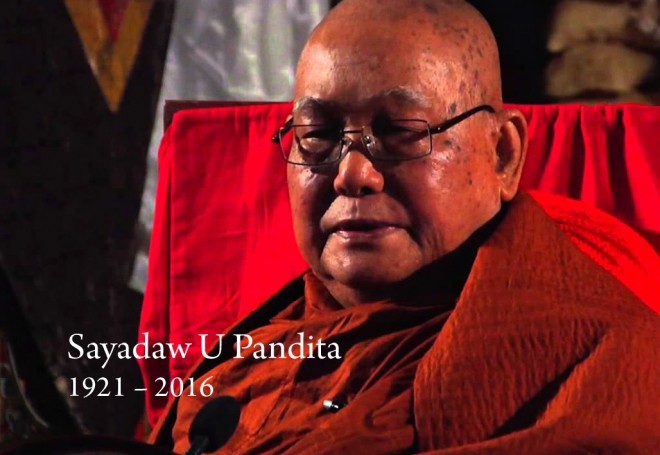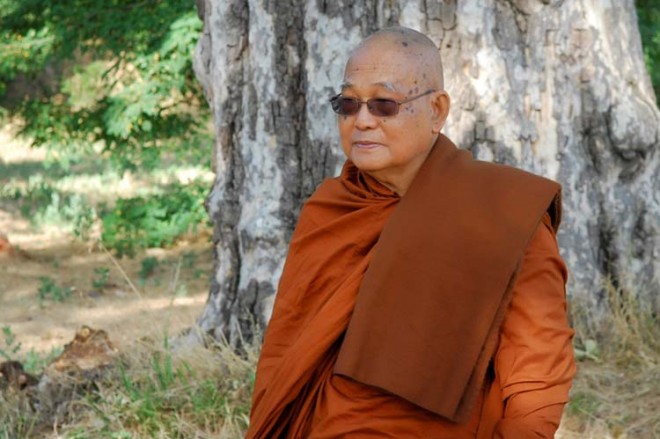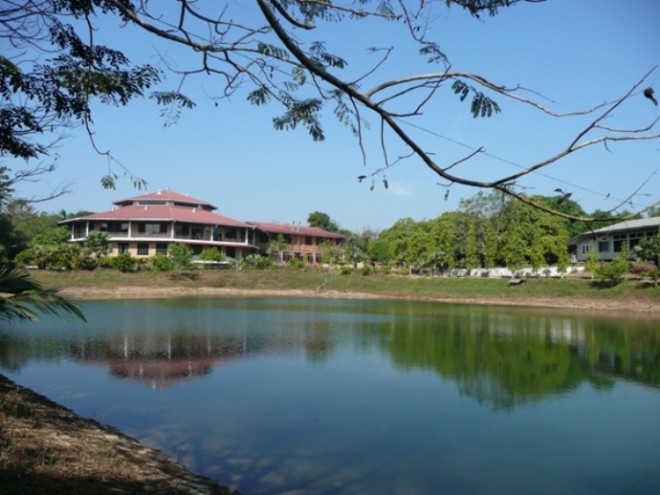Passing of Sayadaw U Panditā
Namo Dhammaya! It is with regret and deep respect that we announce the passing of (Venerable) Sayādaw U Panditā earlier today in Bangkok. Sayadawgyi was one of the most renowned and respected teachers of Vipassana meditation in the tradition of Mahasi Sayadaw. His passing is a reminder to all of us to value our living days and practise the Dhamma diligently with a sense of urgency (“Samvega”).
We invite Malaysian Buddhists to have extra meditation sessions today and tomorrow, and dedicate merits to the late Sayadawgyi, to honour his life-long undertaking of teaching Vipassana to many people here in Malaysia, and throughout the world.
May the late Sayādaw U Panditā rest in Peace. Sotthī.
Brief Profile of Sayādaw U Panditābhivamsa
Sayadaw U Pandita was born in Myanmar in 1921, and became a monk at a tender age. In 1950, he began to practise meditation under the guidance of the late Mahasi Sayadaw. Five years later, he joined the Mahasi Meditation Center as a teacher of Vipassana.
When Mahasi Sayadaw passed away in 1982, Sayadaw U Pandita became the ‘Ovadācariya’ or guiding teacher in the Mahasi tradition. In 1991, he established Panditārāma Meditation Center in Yangon. There are now several Panditārāma branches in Myanmar and Western countries.
Besides teaching Vipassana meditation, Sayadawgyi was also an erudite scholar of the Pāli Tipitaka. He gave extensive teachings throughout the decades, and the essence of his thoughts was compiled and published under the title “In This Very Life” – a well-known guide to Dhamma and meditation.




